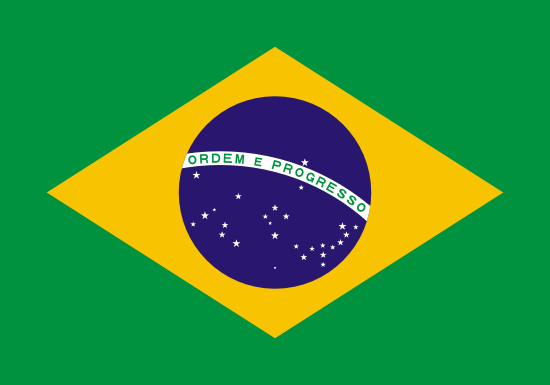
Health Insurance in Brazil, America
Information expatriation
Capital City: Brasília
Total area: 8,514,880 km2
Population: 187,047,836 (2008)
Money: Currency Converter
Time Zone: List of time zones by country
Calling Code: +55 XXX
Practical Information:
Health Product: Travel Insurance and Health insurance
Health Insurance information and Sanitary Risk: World Health Map
BLOG: Expat Health insurance Information
Here is a brief description of the healthcare system in the country:
· Brazil has a universal healthcare system called SUS (Sistema Único de Saúde) that provides public, free coverage to all Brazilian citizens and legal residents.
· SUS is funded through taxes and managed jointly by the federal, state, and municipal governments. It covers primary care, hospitalization, emergency services, and most medications.
· In addition to SUS, most Brazilians have some kind of supplemental private health insurance for more comprehensive care and shorter wait times.
· Primary care is considered the system's backbone and the main point of entry. This includes clinics, health centers, and home visits by community health workers.
· Specialty and hospital care are provided through both public and private facilities. Larger cities have more high-quality specialized hospitals and services.
· Preventative care such as vaccination programs are well-developed under SUS. Brazil has made significant progress on health indicators like infant and maternal mortality rates.
· However, SUS is still underfunded relative to the population's needs. Wait times and access in remote areas remain issues. Dependence on private insurance is rising.
Here are some key health considerations for expatriates living in the country:
· Insurance - Expatriates are not eligible for SUS and need to purchase comprehensive private health insurance. Ensure it covers medical evacuation if necessary.
· Registration - Non-citizens must obtain a foreigner ID card within 90 days of arrival for things like accessing private healthcare providers and opening bank accounts.
· Language - English proficiency outside major cities may be limited. Consider basic Portuguese medical phrases to communicate clearly with providers when needed.
· Prescriptions - Bring supplies of any essential medications as some branded drugs aren't locally available without a prescription.
· Vaccinations - Routine ones like hepatitis A/B and typhoid are recommended. Yellow fever vaccination is required for some travelers.
· Medical exams - Know screening guidelines for conditions common in your home country like cancer. Access to advanced tests may be limited.
· Zika/dengue - These mosquito-borne viruses are present in parts of Brazil. Take proper precautions like repellent.
· Travel insurance - Acquire supplemental insurance that covers medical repatriation flights if required for emergency treatment outside Brazil.
